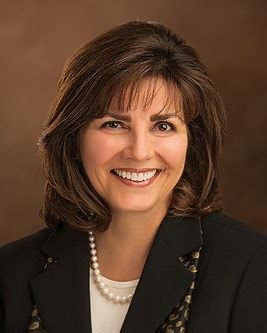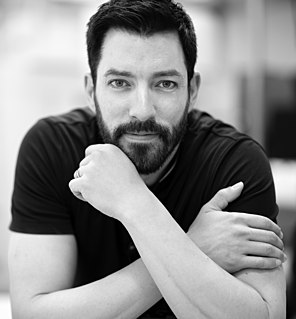A Quote by Heather Brooke
Hackerspaces are the digital-age equivalent of English Enlightenment coffee houses. They are places open to all, indifferent to social status, and where ideas and knowledge hold primary value.
Related Quotes
Earthly families all look different. And while we do the best we can to create strong traditional families, membership in the family of God is not contingent upon any kind of status - marital status, parental status, financial status, social status, or even the kind of status we post on social media.
We do not for example say that the person has a perfect knowledge of some language L similar to English but still different from it. What we say is that the child or foreigner has a 'partial knowledge of English' or is 'on his or her way' towards acquiring knowledge of English, and if they reach this goal, they will then know English.
One of the great liabilities of history is that all too many people fail to remain awake through great periods of social change. Every society has its protectors of status quo and its fraternities of the indifferent who are notorious for sleeping through revolutions. Today, our very survival depends on our ability to stay awake, to adjust to new ideas, to remain vigilant and to face the challenge of change.
































